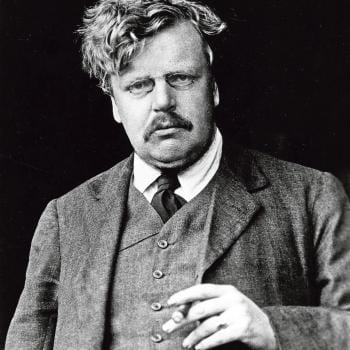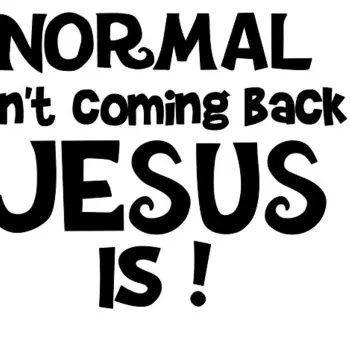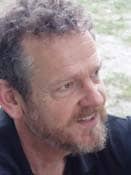We need to take a two-fold approach. Part of our role is to prepare men and women for ministries within the institutional church. Carrying out this function means working closely with leaders and administrators in the denominations so that our graduates are really prepared. But emergent seminaries don't see existing institutions as ends-in-themselves; we work to adapt them to new realities—sometimes radically. It takes great attention to be "in but not of" existing institutions. "Prophetic presence in" is actually much harder than standing outside and criticizing. The most effective change agents are often found at the heart of institutions.
Equally important, however, is to produce leaders for the church that is to come. Here there are, as of yet, few institutions. But there is a movement—or more accurately, many movements—and there are brilliant leaders, though most of them are unknown inside seminary walls. There are best practices in Christian blogging and podcasting, new church starts, the "new monasticism," house-church leadership, use of social media and the arts, and the myriad new forms of local activism. Will seminaries forsake their responsibility to these new Christian leaders? Or will we be at the forefront, researching experimental forms of church and ministry as they are developed and passing the results on to a new generation of leaders?
The times (and, I believe, the Spirit) are calling the church to boldly go where no one has gone before.
We are in the midst of the biggest change in American religiosity since the founding of this country. If Christianity is to adapt to the 21st century, we need emergent seminaries to educate the next-generation leaders for an emerging church. We can remain ensconced in our academic guilds, preparing leaders for the church as she once was. Or we can ourselves become the change agents that we tell our students to be. Which will it be?





